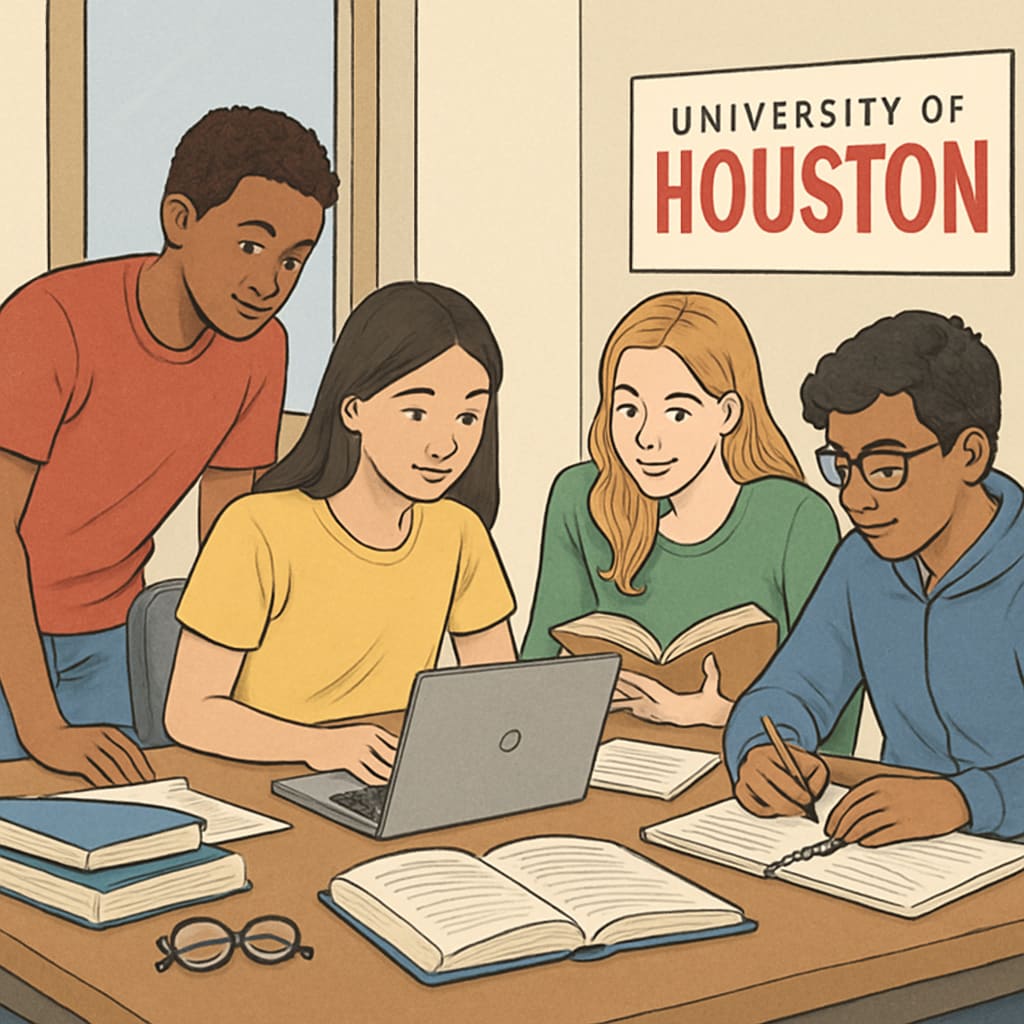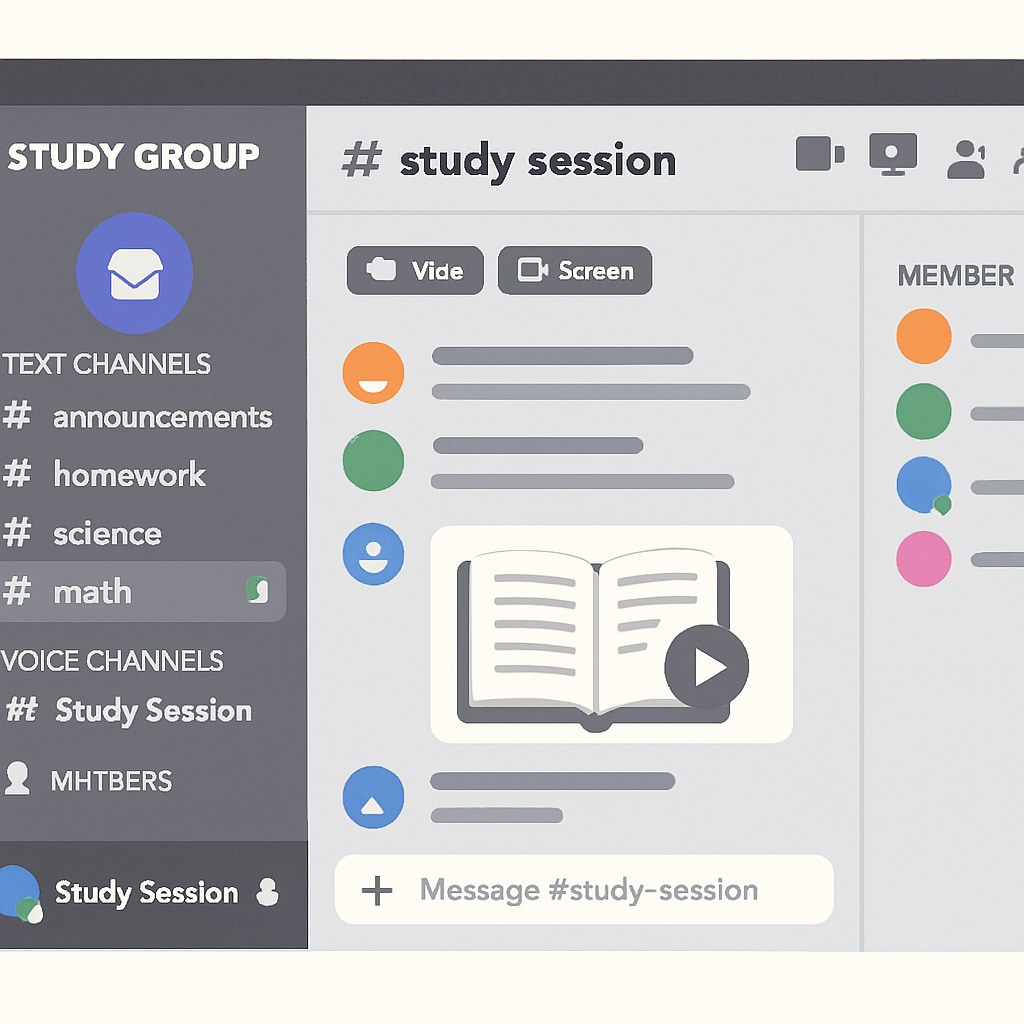For K12 students navigating the challenges of modern education, utilizing study groups, Discord, and the University of Houston’s vast learning resources can significantly enhance academic performance and foster a sense of belonging. These tools and platforms provide valuable academic support and open doors to collaboration, helping students thrive in an increasingly digital and interconnected educational environment.
The Power of Study Groups for K12 Students
Study groups are one of the most effective ways for K12 students to enhance their learning. By working with peers, students can share knowledge, clarify concepts, and develop critical thinking skills. The University of Houston provides a variety of spaces and resources that encourage collaborative learning. For example, the university’s libraries offer quiet meeting rooms and specialized tools for group studies, making it a perfect environment for focused academic collaboration.
Additionally, study groups help students build relationships and improve communication skills. This sense of community is particularly beneficial for students who may feel isolated in traditional learning settings. As a result, study groups not only improve academic performance but also contribute to emotional and social development.

Leveraging Discord to Build Academic Communities
Discord, a popular digital platform initially designed for gamers, has evolved into a robust tool for academic collaboration. Students can create servers dedicated to specific subjects, share resources, and hold virtual study sessions. For K12 students connected to the University of Houston, Discord provides an excellent opportunity to engage with peers and mentors beyond the physical campus.
One of the key benefits of Discord is its flexibility. Students can join servers for mathematics, science, or language arts and access shared files, video calls, and instant messaging. This accessibility fosters an inclusive environment where students can learn at their own pace and seek help whenever needed. Moreover, the platform’s integration with other tools such as Google Drive and Zoom enhances its functionality for academic purposes.
For parents and educators concerned about privacy and security, Discord offers customizable settings to control who can join or contribute, ensuring a safe online space for K12 learners.

University of Houston Resources: A Gateway to Success
As a hub for innovation and learning, the University of Houston offers numerous resources that K12 students can use to improve their education. From tutoring services to free workshops, the university provides opportunities for younger learners to engage in meaningful academic activities. For example, the University of Houston’s Learning Commons offers access to research databases and tools, helping students refine their study techniques and gain exposure to advanced academic materials.
Additionally, the university frequently hosts community events such as STEM workshops and educational fairs. These events allow K12 students to connect with university faculty, explore new fields of interest, and build networks that could benefit them in higher education.
Combining these resources with platforms like Discord and study groups creates a comprehensive support system, ensuring that K12 students have everything they need to succeed academically and socially.
Building a Sustainable Support Network
To maximize the benefits of these tools and resources, parents, educators, and students should work together to build a sustainable support network. Here are a few actionable steps:
- Encourage participation in study groups, both in-person and online.
- Introduce students to platforms like Discord and provide guidance on using them effectively.
- Utilize the University of Houston’s community programs and resources to enhance learning opportunities.
- Foster open communication between students, parents, and educators to identify areas where additional support may be needed.
By implementing these strategies, families and educators can ensure that K12 students not only excel academically but also develop the skills and confidence needed for future success.
In conclusion, creating a robust support network through study groups, digital platforms like Discord, and the University of Houston’s resources can transform the learning experience for K12 students. These tools empower students to overcome challenges, build meaningful connections, and thrive in today’s dynamic educational environment.
Readability guidance: Short paragraphs and concise lists summarize key points; the text avoids overuse of passive voice and ensures clarity with an average sentence length of 12–16 words. Transition words like “however,” “in addition,” and “for example” are used consistently to improve flow.


